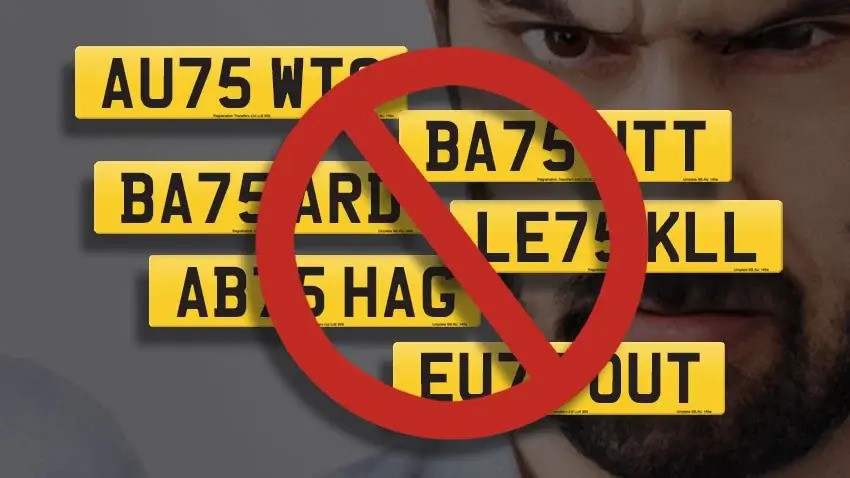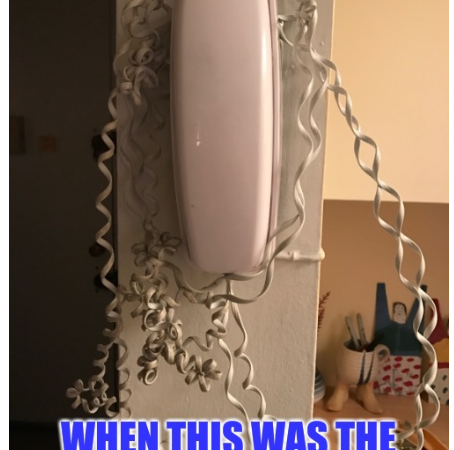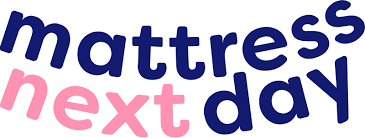DVLA BANS more than 500 new number plates

A Freedom of Information request made by private plate supplier Regtransfers reveals the banned number plates from the forthcoming ‘75’ release.
These latest plates will appear on cars from 1st September, but a total of 436 specific character combinations have been banned by DVLA, deemed as combinations that may be seen as offensive, provocative or otherwise unsuitable for release.
In September 2024, Regtransfers reported that 210 specific character combinations would be censored and removed from the first batch of 2025 registration numbers, the ’25’ registrations. Now, this new list brings the total number of specific banned combinations to 646.
There are also plates containing “wildcard” characters – which could be anything. For example, asterisks in the censored combination **75 HAG indicate that all registrations ending in “75 HAG” will be withheld from release, regardless of which two characters precede the combination.
This means that the actual number of withheld registrations is much greater than the 436 explicitly listed.
As an example of the combinations appearing in this latest list, AU75 WTS and AU75 WTZ appear to reference the infamous Auschwitz complex in Poland, where over a million people were killed by the Nazi regime during WWII. Also banned are the combinations LE75 KLL (“Let’s kill”) and LE75 LSD (“Let’s LSD”), which can both be construed as encouraging criminality.
Concerning modern politics, references to divisive political issues such as Brexit and EU membership appear also, with plates like EU75 OUT, EU75 SHT, EU75 WAR, EU75 YES banned due to their potentially provocative context.
On the latest list of banned plates, Mark Trimbee, CEO of Regtransfers, comments:
“These bans ensure that number plates on the road aren’t those that could be translated into something offensive, inflammatory, insulting, obscene or otherwise problematic. As always, some inclusions – such as BA75 SHT or KN75 VES – jump off the page, and it’s quite obvious why the DVLA would want to avoid them being on the roads. There are almost always some, however, that might take a bit of deciphering, but the DVLA has to err on the side of caution with matters like this.”






